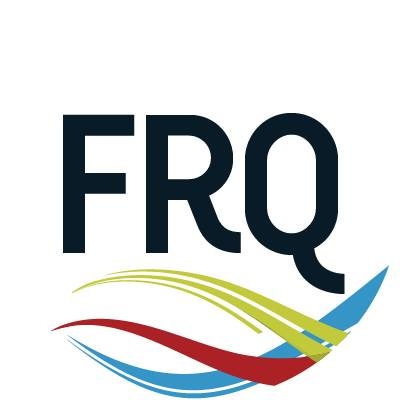Mandates
Over 130 mandates funded to date, and further opportunities for researchers
Mandate proposals and writing guide
Download and complete the Mandate submission form
Mandate proposal cut-off dates
February 1st, June 1st and November 1st of each year. Send completed form to the INTER coordinator by email: catherine.page@usherbrooke.ca
Mandate list
083 GAITUP
Validation and integration of inertial sensors into clinical practice for lower limb amputees
082 MobiliSIG
Multimodal mobile technology to make it easier for people in manual wheelchairs to move around the city
081 AssistAlim
Development of a new generation of feeding assistance systems for people with upper limb disabilities – Proof of concept
080 OpenIMU SW
Democratization of inertial sensors for activity recognition
079 IMUmarche
Evaluation of a continuous walking exercise using inertial sensors: Application to the triple flexion walking pattern
078 IMUpower
Development of an on-board portable device for quantifying joint power using inertial measurement units: case-test on the knee
076 RCSM3
Rehabilitation of Coordination and Muscle Synergies of the Lower Limb to Improve Mobility in Neurological Populations
075 EC-MOT
Development of virtual cognitive training to reduce the risk of ligament rupture in sport
074 Exo-Spartacus
Exo-Spartacus Proof of concept of a lower limb exoskeleton using MR clutches
073 EXOarm
Development of a proof of concept for an upper limb exoskeleton in pediatric rehabilitation
072 ETS-MARSE
Development of EMG-assisted movement of an exoskeleton robot for rehabilitation and testing with real subjects
071 Walkus
Magnetorheological orthosis
070 Cin-FRA
Automation and validation of a method for measuring 3D kinematics during propulsion of an athletics wheelchair
069/069B Fac-Multi
Facilitate learning of the Amelis digital calendar thanks to multi-layer interfaces
068 ICVR2017
Support for the International Conference on Virtual Rehabilitation 2017
067 Vigil2-TeRa+
Finalization of developments for the Vigil2-TeRa+ telerehabilitation platform
065B Exbimanuel
Phase 2: Optimization of the bimanual exerciser for the assessment and training of the upper limbs of people who have suffered a stroke
065A EXBimanuel
Development of a device for evaluating and training unilateral and bilateral neuromuscular control of the upper limb in people who have suffered a cerebrovascular accident (CVA) and those with a spinal cord injury (SCI)
064 SeriousVG
Development of a ‘serious video game’ for improving pediatric power mobility skills
063B
Development of an avatar for the rehabilitation of pelvis and trunk movements during walking
063A
Development of interactive software for walking rehabilitation using an exoskeleton
062 TéléRéadap
Characterization of the usability of a telerehabilitation system as a function of bandwidth, and interfacing with medical devices
061 RobotAssisted
Impact of interface (real or virtual) for robot-assisted upper extremity movements
059 GuideMétho
Development and transfer of a methodological guide focused on use and social acceptability to enrich technological innovation projects in health, particularly in rehabilitation
058 AsymClinique
Quantification of asymmetry in clinical and life settings during various functional activities in people who have suffered a cerebrovascular accident (CVA)
057 ProtMyo
Development of a myoelectric prosthesis for the pediatric upper limb with realistic and energy-efficient movement
055 BrasRobot
Assisted control of a robotic arm for rehabilitation
053 RobotSphérique
Spherical robot as a diagnostic tool associated with autism spectrum disorders (ASD)
052 JeuxContrôlePostural
An active video game console for the rehabilitation of dynamic postural control
051 TechnoFibromyalgie
Creation and evaluation of a wearable technology including the modulation of transcranial stimulation parameters and the capture of motor performance, in people suffering from fibromyalgia
050 ReconnaissanceAct
Prototyping of a system for recognizing daily life activities based on qualitative spatial positioning of objects used within an intelligent home using passive radio-identification
049 DépistageDémence
Early detection of dementia: collection and algorithmic and clinical analysis of performance during activities of daily living
048B ForcesHaptiquesAVC
Integration of haptic forces at the hand level during locomotion and comparison of methods to reduce gait asymmetry following a stroke
048A EntrainVirtuelAVC
Development of a virtual training tool to reduce gait asymmetry following a stroke
047 InterfaceHM-FRMI
Evaluation of human-machine interfaces of an intelligent motorized wheelchair in real activities of daily life linked to driving activity by users with physical disabilities
046 S2M
Kinematic assessment of the shoulder for rehabilitation monitoring: development of a clinical tool: Shoulder Mobility Monitoring (S2M)

